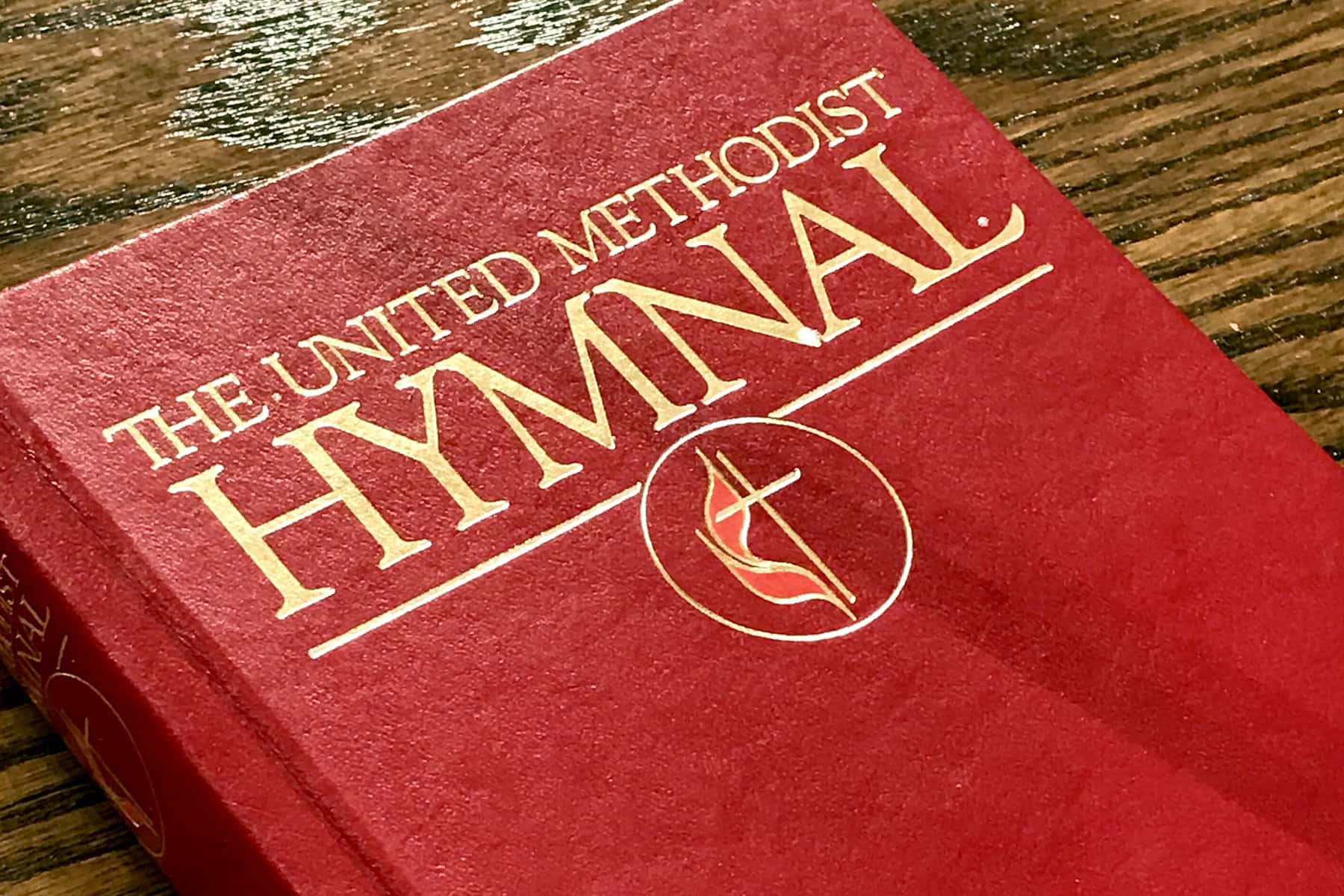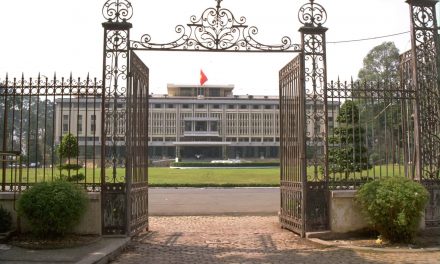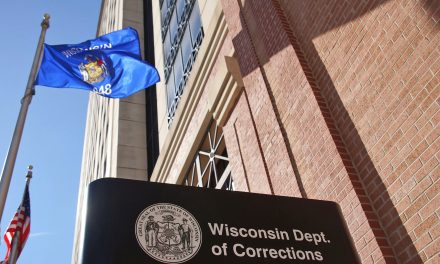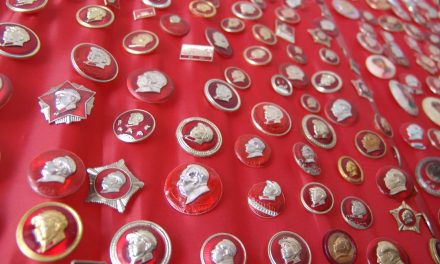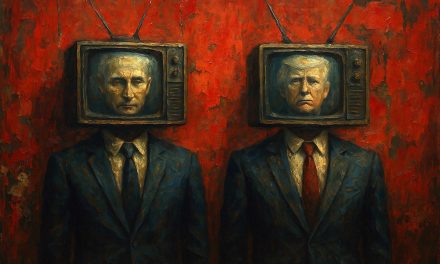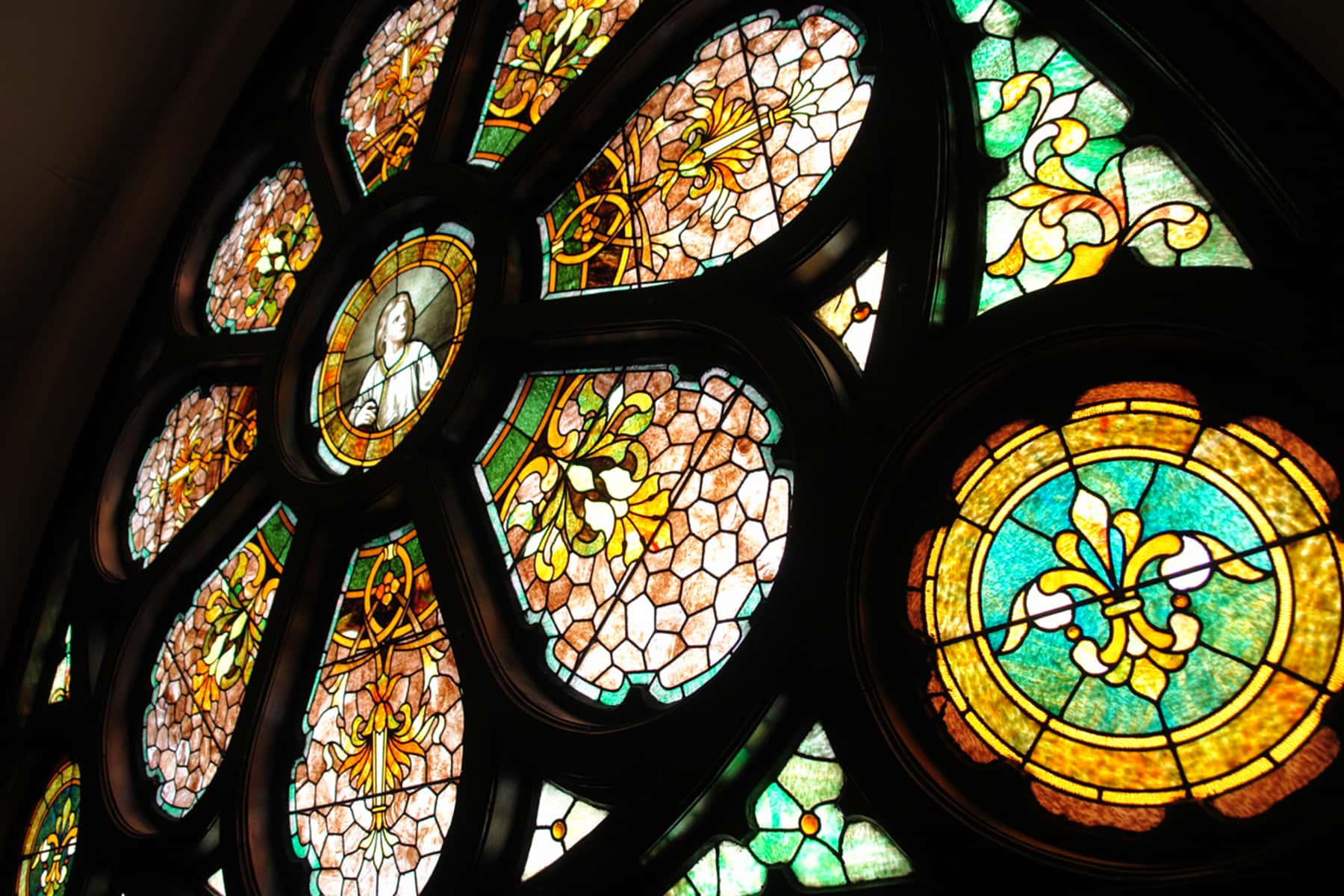
I have read, watched, and listened to responses to the recent decisions of the United Methodist Church, at their global meeting in St. Louis.
A friend and colleague, the Rev. Dr. Frederick Schmidt, said it well: “Protestantism is made for schism and our tradition of national conferences or conventions has become a thin veil for the political maneuvering and animosity that is rife in the public square.”
Rev. Schmidt is right on.
In my years of ordained ministry, I have been part of church bodies that splinter and divide by votes and political maneuvering. It is sad. Dear UMC friends, pastors, leaders, divinity school professors and church are in pain, confusion, and even shock.
There is a probably a dull sense of what is coming. Yet until that change smacks people, it is still just a theory. I hurt for and with my colleagues and friends. I also relive some of the painful days and experiences that I endured over similar the same debate. I have learned one side can plot to win the election, yet in the long run the church and its spiritual witness is the big loser.
I first encountered deep divisions within congregations by how people interpreted scripture. Some read scripture as a rulebook to be obeyed and enforced. I disagree with them. They forget scripture is to be interpreted, not enforced.
Years ago at a “large church convention,” I ran into an old acquaintance. We were on different sides of the isle. I ask him, “If you and I ran into someone who had been beaten, bloodied, lying half-conscious on a sidewalk, could we work together to get him help?” His answer to me, “No. You don’t believe Adam and Eve literally existed. I can’t work with someone who doesn’t believe the Bible.”
I find that sad, and antithetical to the sort of church I would belong to. Lines continue to be drawn and positions enforced that hurt people, in churches and well beyond.
I think of the Apostle Paul erasing lines that divide, “No more Jew nor Gentile; slave nor free; male nor female.” We are one in Christ. My church taught me as a child, “God so loved the world.” I never found an asterisk after “world,” naming some exceptions like, “those I think are wrong.”
I consider Pentecost and how the Jesus movement caught fire and spread, not legislatively from the top leaders, but from the bottom of society.
I am moved deeply by commitments of some UMC clergy. They have been raised, baptized, learned to follow Jesus, and believe they are equally loved by God. I also believe God is at work drawing the ones God wants into this crazy church business.
Leave them to leave?
As one woman clergy said, “Asking us to leave is like asking us to leave our family.” I hope they will stay, and that their gifts can be received and welcomed as signs of hope for the church.
Maybe one day we will learn that we are held in a unity that is greater than our differences. I see this spirit alive most often in local church bodies, where love, dignity, respect, welcome, healing, and differences are norms and values to be celebrated, not feared. The American church needs to be welcoming people, not holding open the door for them to leave.
The future? I have hope. I see it in the hearts and spirits of some younger clergy and LGBT members who do not want to leave the church that is their family, whichever denomination that is. I cannot predict the future. I just hope it will not be shaped by a plan and put to a vote. The scriptures were not given as a checklist, but as a guide to help us reason, explore how we love, and serve together.

